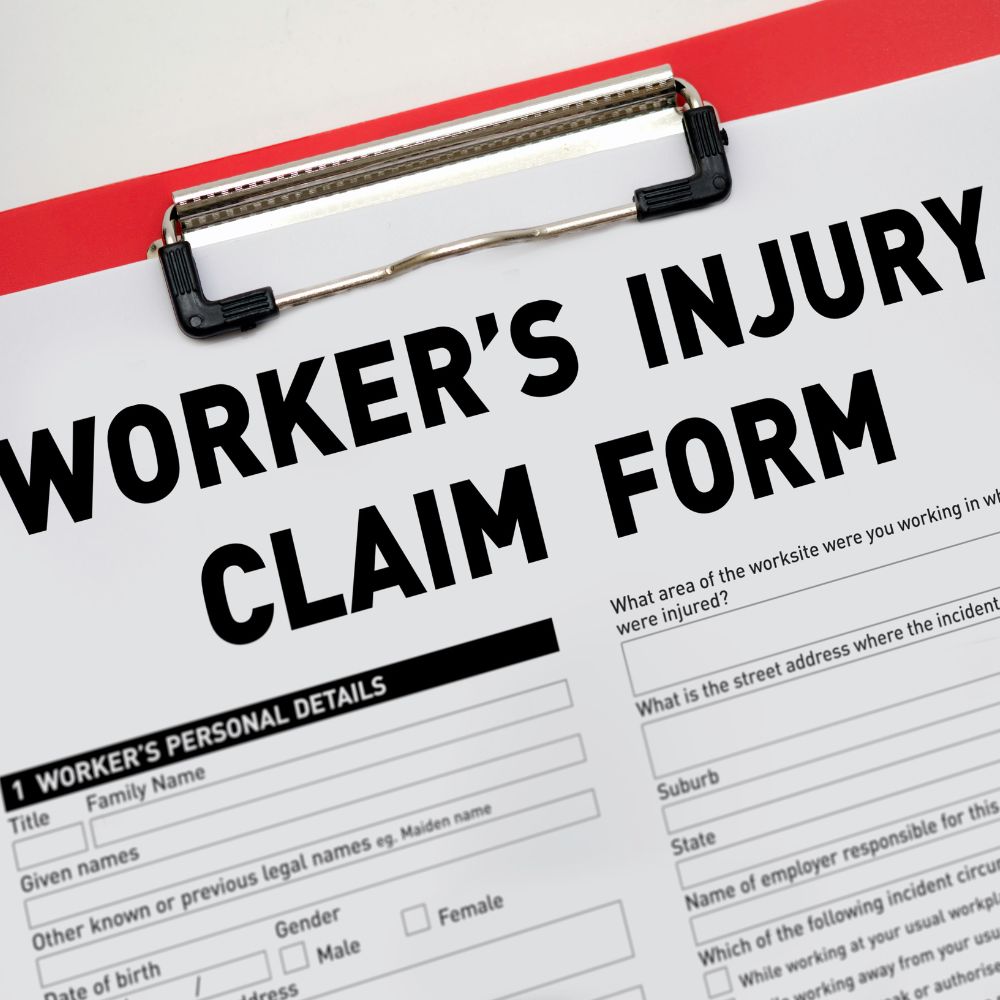
What Benefits Am I Entitled to for a Workplace Injury? As a Work Injury Lawyer, I Am Tenacious in Seeking Full Benefits for Clients
Workers’ Compensation Benefits
As a work injury attorney with over three decades of experience, I understand how confusing and bureaucratic the Massachusetts workers’ compensation system can seem. In this article, I explain the rights of injured workers under Massachusetts workers’ compensation law and the various types of benefits to which injured workers might be entitled.
If you or a loved one was injured at work, I invite you to call my office to schedule a free consultation. With the representation of an experienced work injury lawyer, your chances of securing approval for benefits increase significantly. At the Law Office of Jeffrey A. Young, I represent injured workers on a contingency fee basis, meaning that I am only entitled to a fee if I secure benefits on a client’s behalf. In most instances the insurer pays most of my fee and expenses. The only other way I am paid is if the case is resolved by a lump sum settlement. If there is a settlement, the state sets my fee at 15% or 20% of the settlement, depending on whether it is an unaccepted or accepted settlement.
